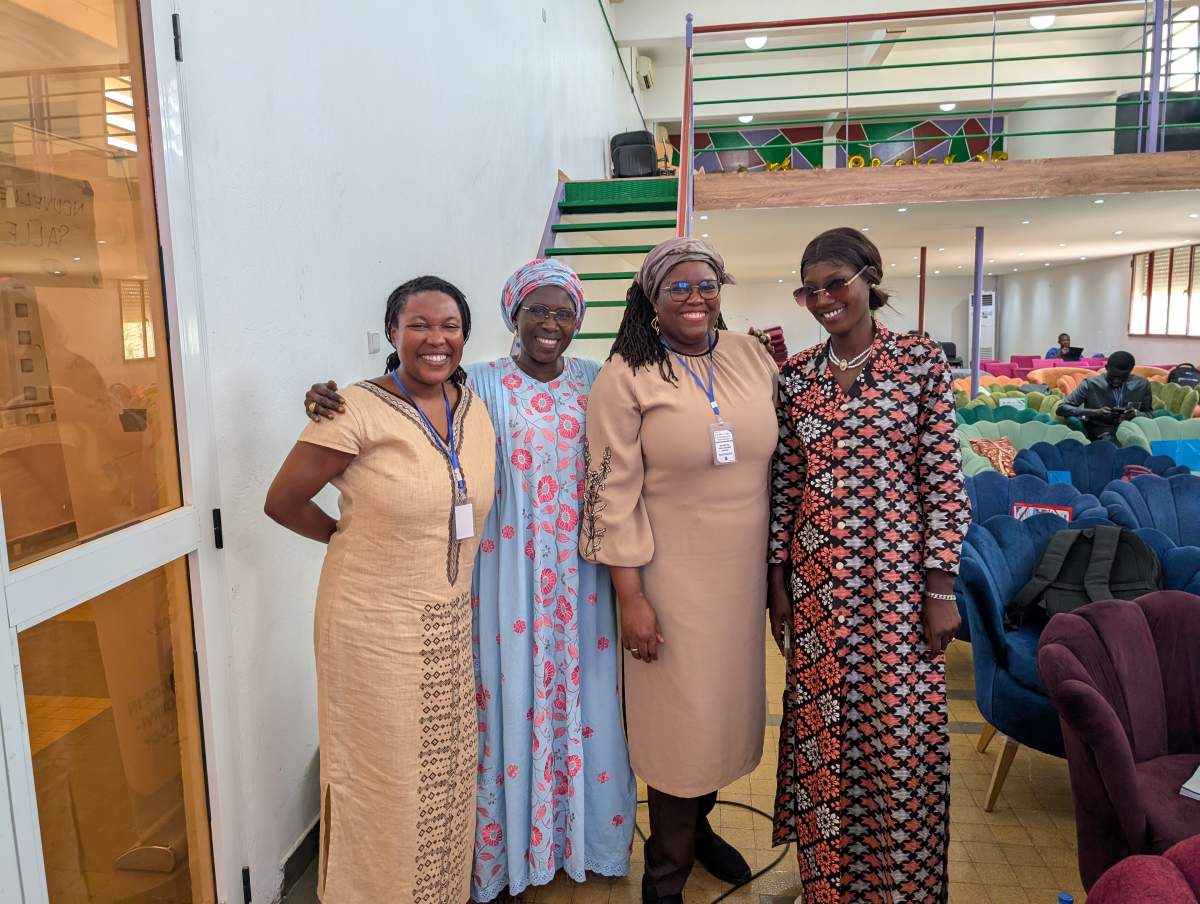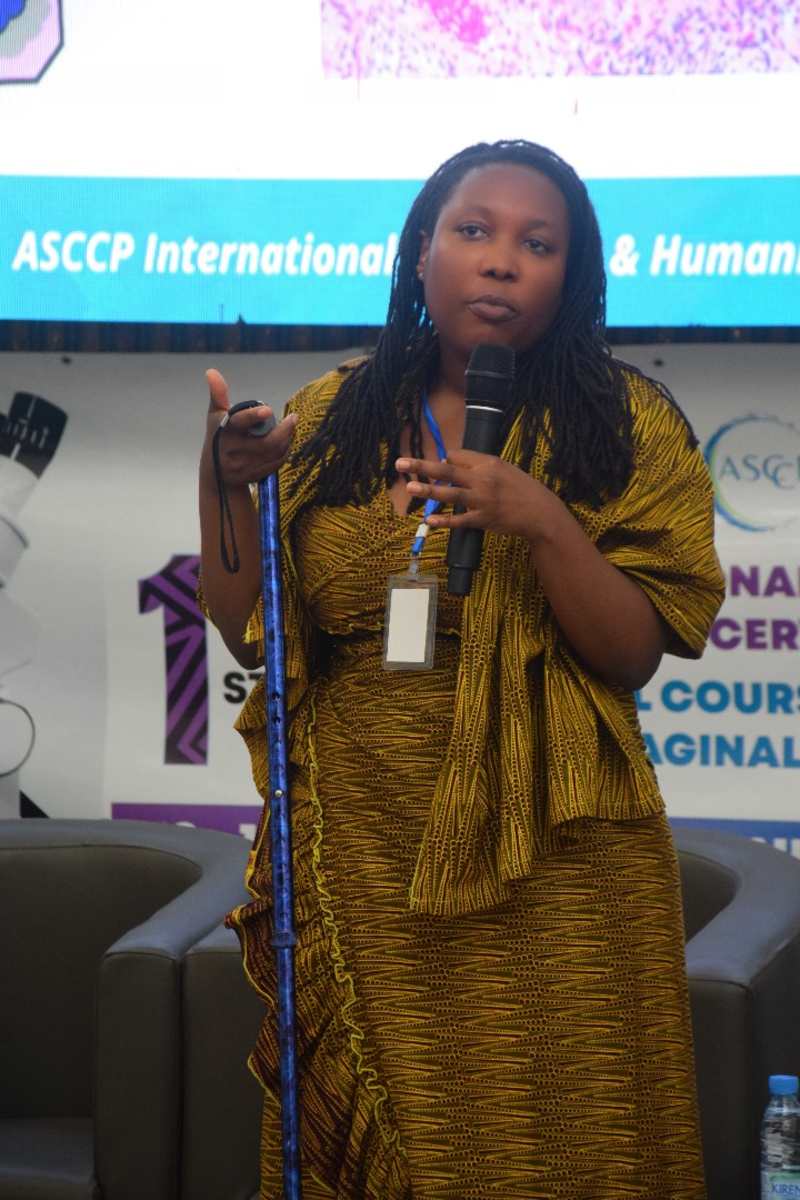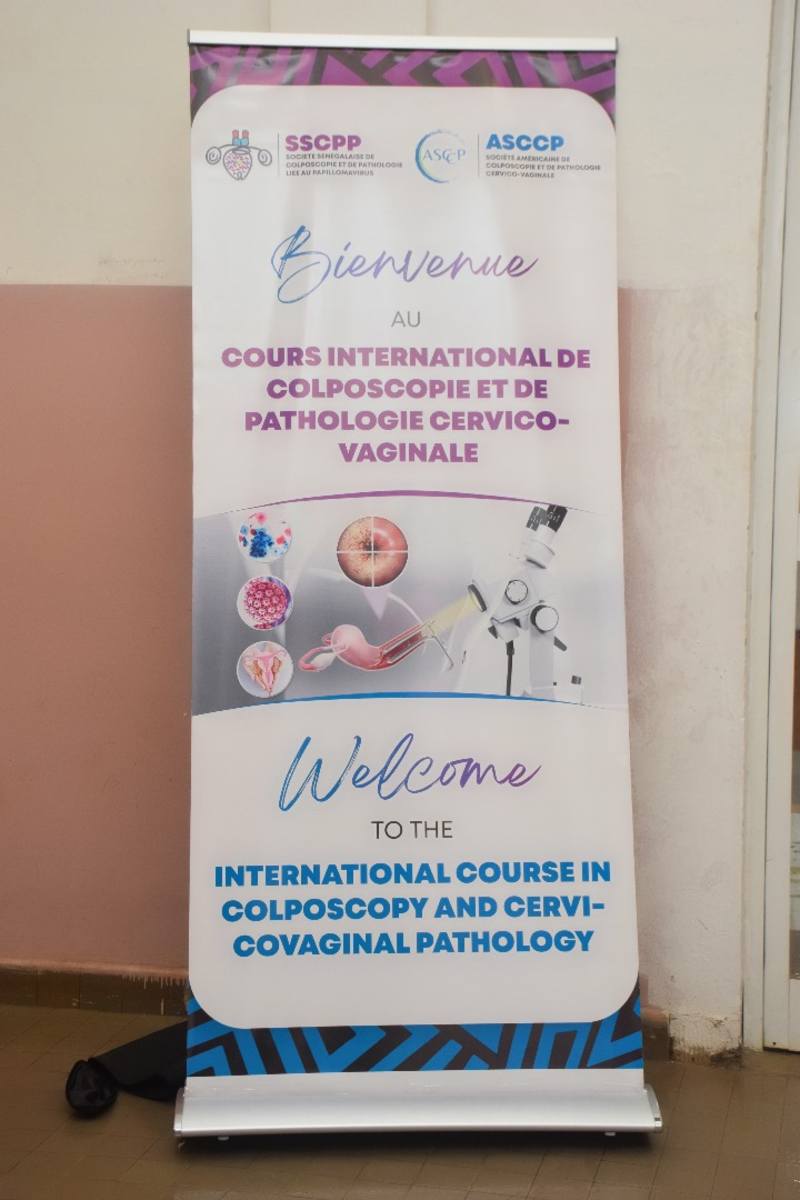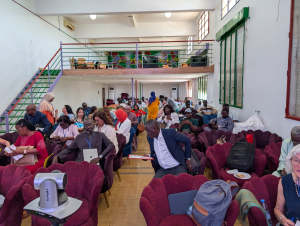As a member of the American Society for Colposcopy and Cervical Pathology's (ASCCP's) International Education and Community Outreach Committee, I have been invited to serve as faculty for Senegal's first course in colposcopy and cervicovaginal pathology! The course is being hosted by the Senegalese Society for Colposcopy and Papillomavirus Pathology, and it will take place over three days. Participants will include doctors and nurses working in Senegal and surrounding countries; they will receive a blend of didactics and hands-on experience over the three days of the training. By the end of the training, participants will refine their pre-existing knowledge and skills and be equipped to perform colposcopy and treatment of cervical dysplasia. The training will be grounded in international standards of care, with appropriate adaptation for the Senegalese context. By increasing the workforce that is trained in cervical cancer screening, prevention and management, we increase the likelihood that patients will receive the care they need and globally, we can continue to accelerate progress towards the elimination of HPV-related cancers.
There are numerous populations that will be served and benefit from this international collaboration: women and their communities and providers (current and future). Cervical cancer is the fourth most common cancer in women, and in Senegal, it is the most common cancer. Half of Senegal's 18 million inhabitants are women (UNFPA) and of the roughly 9 million, 5 million are of reproductive age, and thus, at risk of cervical cancer (ICO/IARC Information Centre on HPV and Cancer). Each year, nearly 2,000 people in Senegal are diagnosed with cervical cancer and the mortality rate is just below 70%. What we know today is that cervical cancer is exquisitely rare in a well screened population. Screening requires providers trained in the detection, management and prevention of cervical cancer.
Senegal has 7 doctors per 100,000 population (World Bank). Our training not only targets doctors but also clinical officers and nurses who often have critical interface with women, including more rural populations. By leveraging multiple types of providers as well as bolstering their pre-existing knowledge skills, we will not only be impacting the current cadre of the health workforce, but also increase the ability of these providers to in-kind, educate future providers. Additionally, there is much that the training faculty can learn from each other. By collaborating with Senegalese co-faculty, ASCCP faculty (like myself) will also be able to take lessons and adaptations of international guidelines for limited resource settings back to the United States. We still have significant gaps in care, especially among rural populations. Therefore, there may be opportunities to collaborate and learn from our Senegalese colleagues to enhance care in the United States as well.
Lastly, women are the cornerstone of their communities. If we ensure their health and well-being, we are also strengthening the health of their community.
This exciting partnership will not only serve as foundational, the Senegalese Society for Colposcopy and Papillomavirus Pathology will be able to carry on the trainings moving forward to reach even more providers and communities. The course will use up to date evidence-based international practice standards and guidelines that our colleagues will be able to reference and implement for their context. Additionally, a key aspect of prevention is vaccination of both women and men, which our training will cover. Through educating providers, it is possible that, pending national resources, vaccine uptake may occur and as such, HPV-related cancers more broadly could be reduced. Furthermore, with more providers trained and skilled in cervical cancer screening and prevention, screening uptake will hopefully increase and, as such, lead to a reduction in cervical cancer and related mortality in Senegal. I also hope that this course will be the kickstarter of future trainings that would provide Senegal with an opportunity to serve as a training and learning hub for surrounding countries.










I had the honor of getting to be on faculty at Senegal's first course on colposcopy and cervicovaginal and vulvar pathology. The course was attended by physicians, residents/fellows and midwives and the specialties represented included pathology, gynecology and surgical oncology. The participants represented 7+ countries including Senegal!! People had come from Mali, Morocco, Algeria, Tunisia, etc to attend the course. In addition to lectures, there was hands on training in thermoablation and LEEP procedures as well.
The faculty included physicians (gynecologists, oncologists and pathologists from Senegal and our partnering organization in the US) and there were also representatives from the Ministry of Health and Social Action.
The course was well received by participants and also opened up discussions for further collaboration and shared study. Additionally, we will be exploring other learning opportunities with the organizers of the colposcopy course beyond colposcopic training to best serve the learning needs and interests of the gynecology community in Senegal, and as such, their patients.
Again, it was really an honor to get to participate in such an historic course and anticipate that through programs and collaborations like this, we will continue to make an impact on eliminating cervical cancer.